A year of challenges — but we enthusiastically wave the flag of possibility
In 2023, we continued to focus our efforts towards ambitious climate action, but within the confines of a growing understanding that humanity is facing a convergence of global crises. With the impacts of the climate emergency rising, the increase of social and economic inequalities, the continuous exploitation of natural resources and environmental degradation, threats to democracy, a shrinking space for civil society participation in decision making processes, war and violence, human rights violations — 2023 was a challenging year from so many perspectives.
A systemic analysis of these challenges is driving the climate movement to adapt and change. There is undoubtedly a notable shift in the movement, from calling for siloed environmental and climate policy demands, to focusing on building a holistic and transformative vision for a more just and sustainable world. A vision for people and planet .CAN Europe kicked off 2023 by committing to push this vision further.
On the EU level, we focused our efforts on the concluding phase of the EU’s important legislative package, “Fit for 55”, to ensure that climate ambition and social justice were moving forward, hand in hand. 2023also saw our continued calls for the 2030 climate target to be overshot. This work spanned several legislative processes where CAN Europe put pressure on the EU to ensure the fair contribution to the Paris Agreement’s goal to limit global temperature increase to 1.5°C, and to aim for climate neutrality by 2040. We also advocated in 2023 for bolder efforts and investments to enable a transition towards 100% renewable energy and showcased successful practices and clearly called for an endof fossil fuels. For the first time, CAN Europe also put unprecedented efforts into influencing an EU economic governance and fiscal reform that could really tackle the climate emergency and support the most vulnerable communities.
Within our work in the global CAN network, towards COP28, and as part of the first Global stock take since the adoption of the Paris agreement —A year of challenges — but we enthusiastically wave the flag of possibility CAN Europe contributed to the historical mention of the urgent need to “transition away” from fossil fuels in the outcomes of the COP in Dubai. Such a mention does not match the scale and the emergency of the climate crisis, but represents a launching pad for our struggle towards climate justice to continue, and to focus on ensuring the needed climate finance for a just transition to happen both in Europe and beyond.
2023 was also marked by the adoption of CAN Europe’s Strategy for Change making in Times of Crisis, a guiding compass for the network over the next five years. The document was the result of a rich and participatory process — with CAN Europe members and in dialogue with our main allies. The strategy represents a consolidation of the will for the network to broaden and deepen its vision and mission, to be more aware of the impacts we have as one species within nature, to uphold a clearer vision for social justice and a bolder awareness of Europe’s role in the world and the responsibilities that come with it. Throughout 2023, we witnessed a new wave of global challenges. A range of injustices across the globe. The endless Russian war in Ukraine. An unprecedented escalation of violence in Palestine and Israel following the Hamas attack on 7th October. CAN Europe called for an immediate ceasefire in Gaza and stands in solidarity with all victims of wars and injustices, whilst calling on the EU to play a critical role towards peace.
We also saw the European political context being dominated by a continuous disinformation campaign that painted climate and energy policies as the cause of inequalities and responsible for the increased cost of living. We enter 2024 therefore, the year of the European elections, with a clearer and louder message than ever: a fossil-free, socially just, and climate neutral European Union is the only way forward. To this message, CAN Europe remains committed to be the anchor in the rough sea of despair — enthusiastically waiving the flag of possibility. – Chiara Martinelli, CAN Europe Director
2023 was a groundbreaking year for CAN Europe, with 21 new members joining the Network. Notably 6 of these members are Ukrainian, a country not previously represented in the organisation. The result of this is that CAN Europe now represents 200 organisations in 40 countries. This is a huge milestone that demonstrates the interest in our Network, the importance of the work that the broader membership is carrying out, as well as the support in wider civil society of CAN Europe’s direction, as outlined in the strategy that was adopted in April 2023. The number of new members requires a great deal of consolidation work to ensure staff and organisations are onboarded successfully into our working structures. This will constitute a key piece of work for CAN Europe in 2024 and beyond.
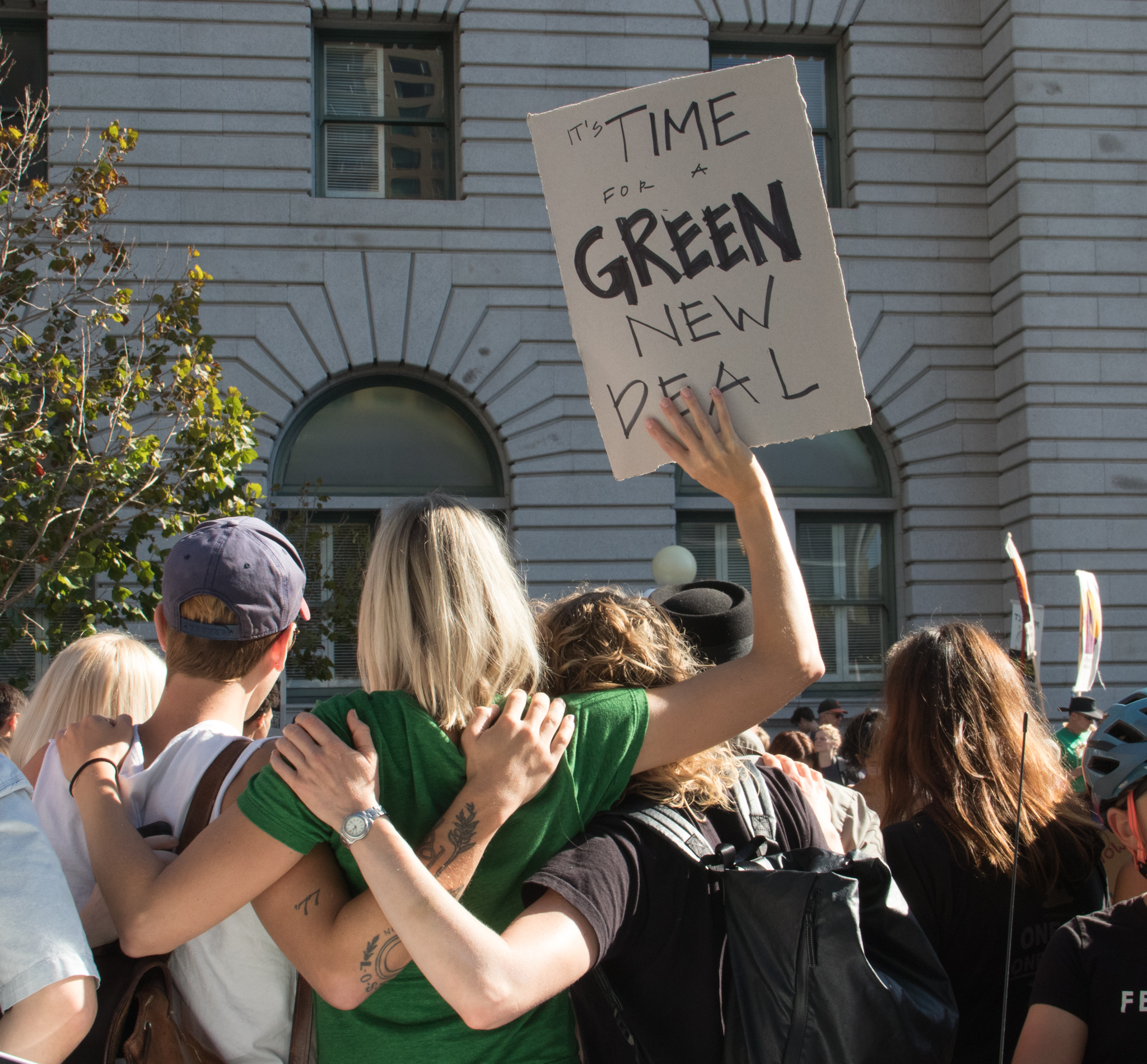
June 2023 saw CAN Europe organise a EUKI study tour to Brussels, which focused on providing a select group of Central and Eastern European climate and energy experts with a better understanding of relevant EU policy developments, and to share their national perspectives and reflections with key EU stakeholders. During the trip, the group engaged with the European Commission’s Directorate-General for Climate Action (DG CLIMA) on 2040 climate ambition, the Directorate-General for Energy (DG ENER) and the Recovery and Resilience Task Force about REPowerEU, the International Union of Tenants, the European Trade Union Institute about the benefits of energy savings and renovation of buildings, as well as the European Consumer Organisation, SolarPowerEurope, and Local Governments for Sustainability, about how to speed up renewable energy solutions in Central and Eastern Europe.
In the lead up to COP28, CAN Europe supported four activist labs in Austria, Finland, Lithuania, and Slovakia. These short training programmes enabled CAN Europe members and partners to engage with and train local grassroot groups and activists (such as Fridays for the Future and Extinction Rebellion) in conducting street actions focused on relevant climate issues.
In the second half of the year, the Spanish Presidency of the Council of the EU provided unique engagement opportunities, which included several in-person coordination meetings in Madrid. Direct involvement with members through Presidency events, specifically on the topics of just transition, energy policies, and National Energy and Climate Plans (NECPs), as well as participation in the informal NGO alliance, created opportunities to try and influence the Presidency priorities. The collaboration with the Spanish Presidency was particularly impactful in the run up to, and during COP28.
Finally, the second season of CAN Europe’s monthly podcast, Europe Climate Connection, was made possible with outstanding input from our member organisations. Over the course of the year a diverse range of issues were covered including sufficiency of nationally determined contributions, carbon inequality, carbon removals, youth engagement and the solar rooftop revolution.
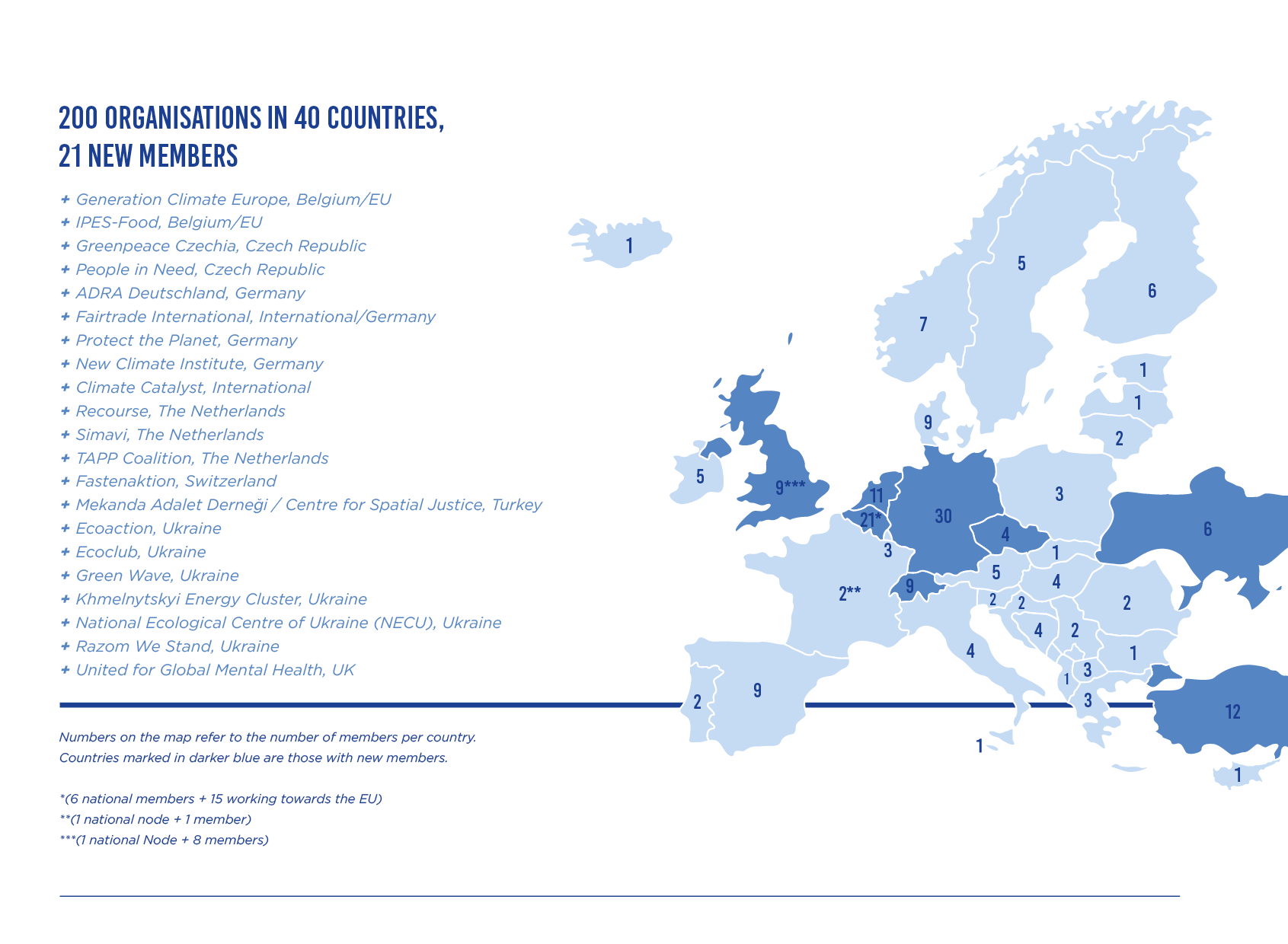
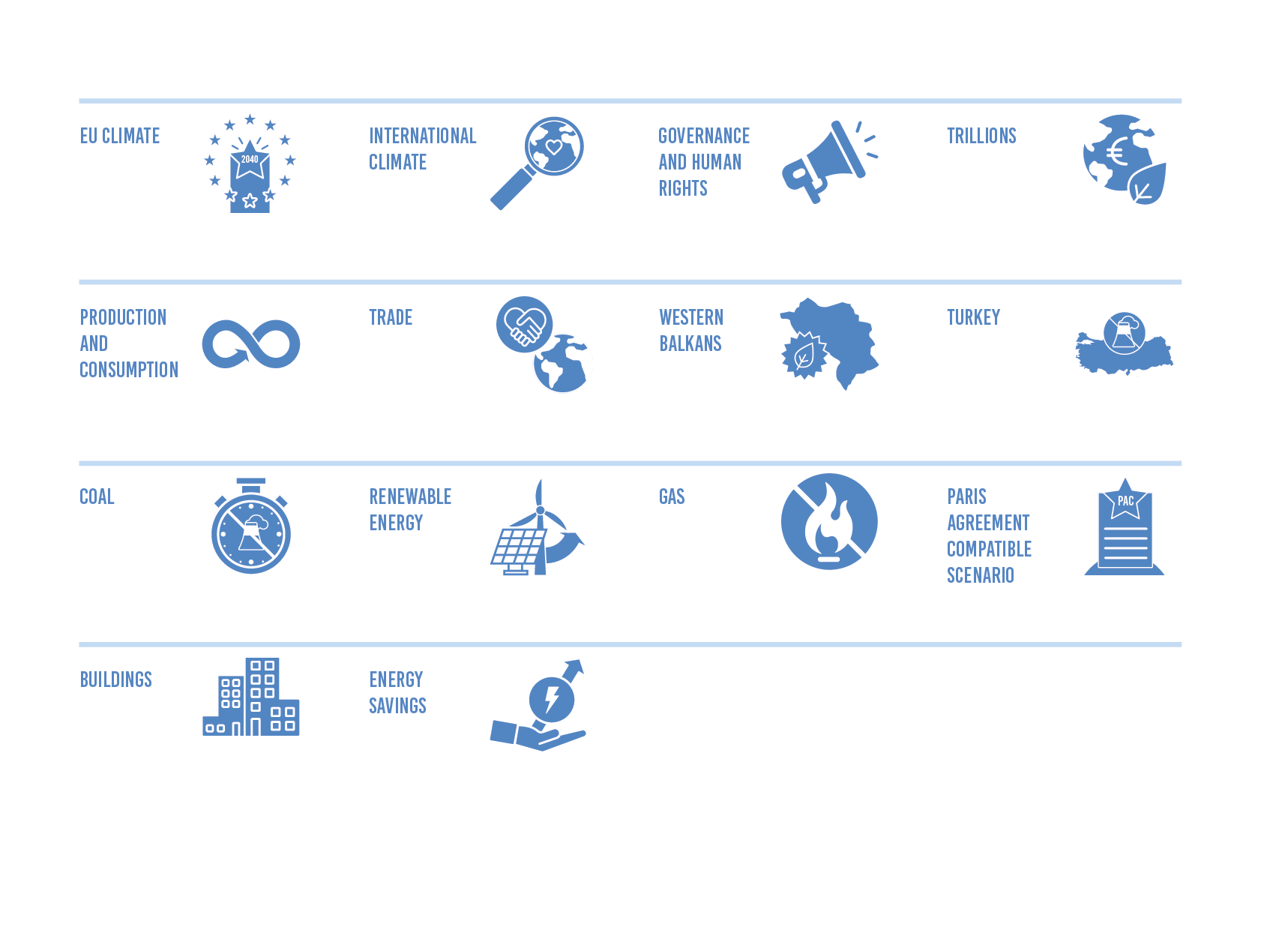
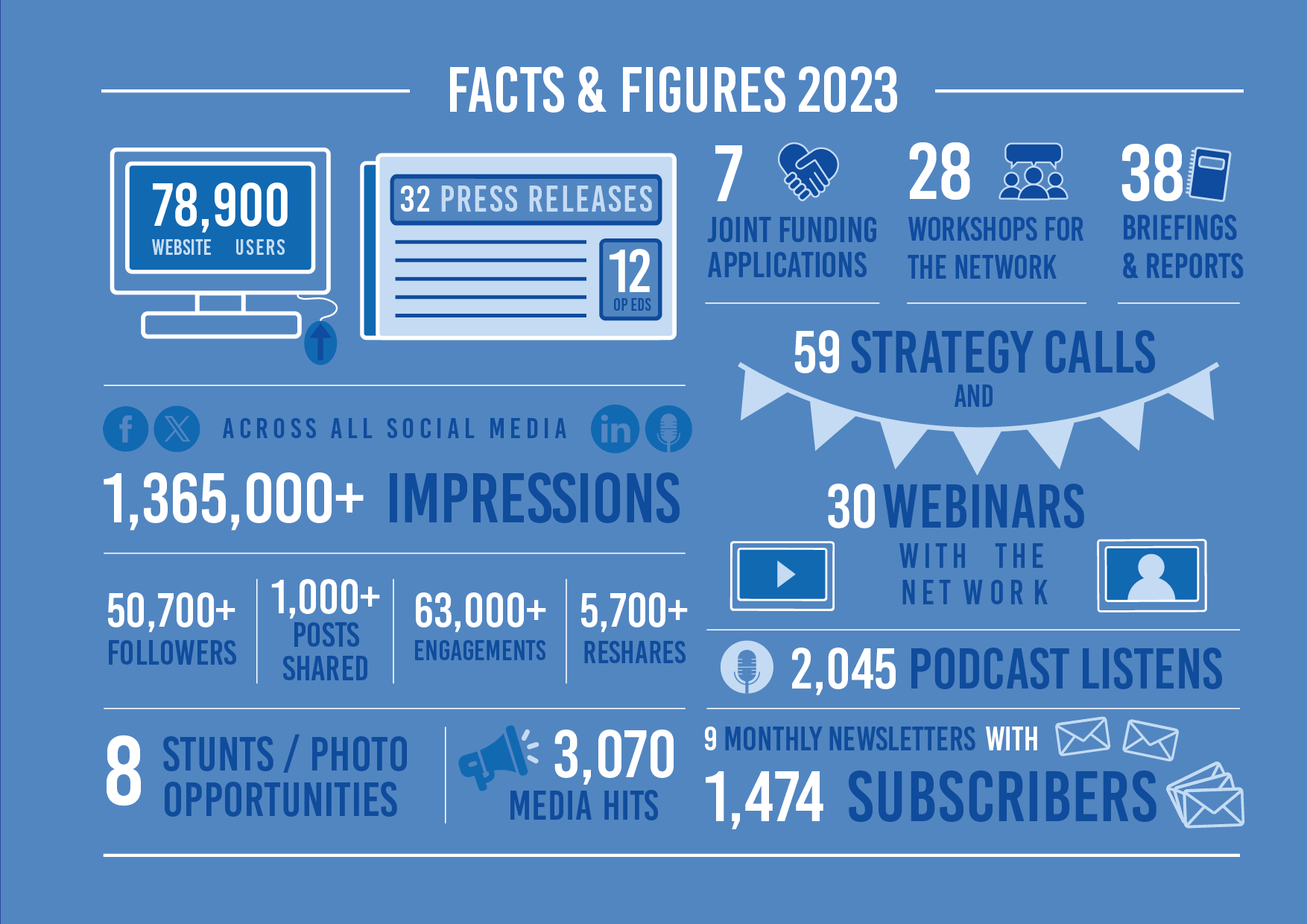
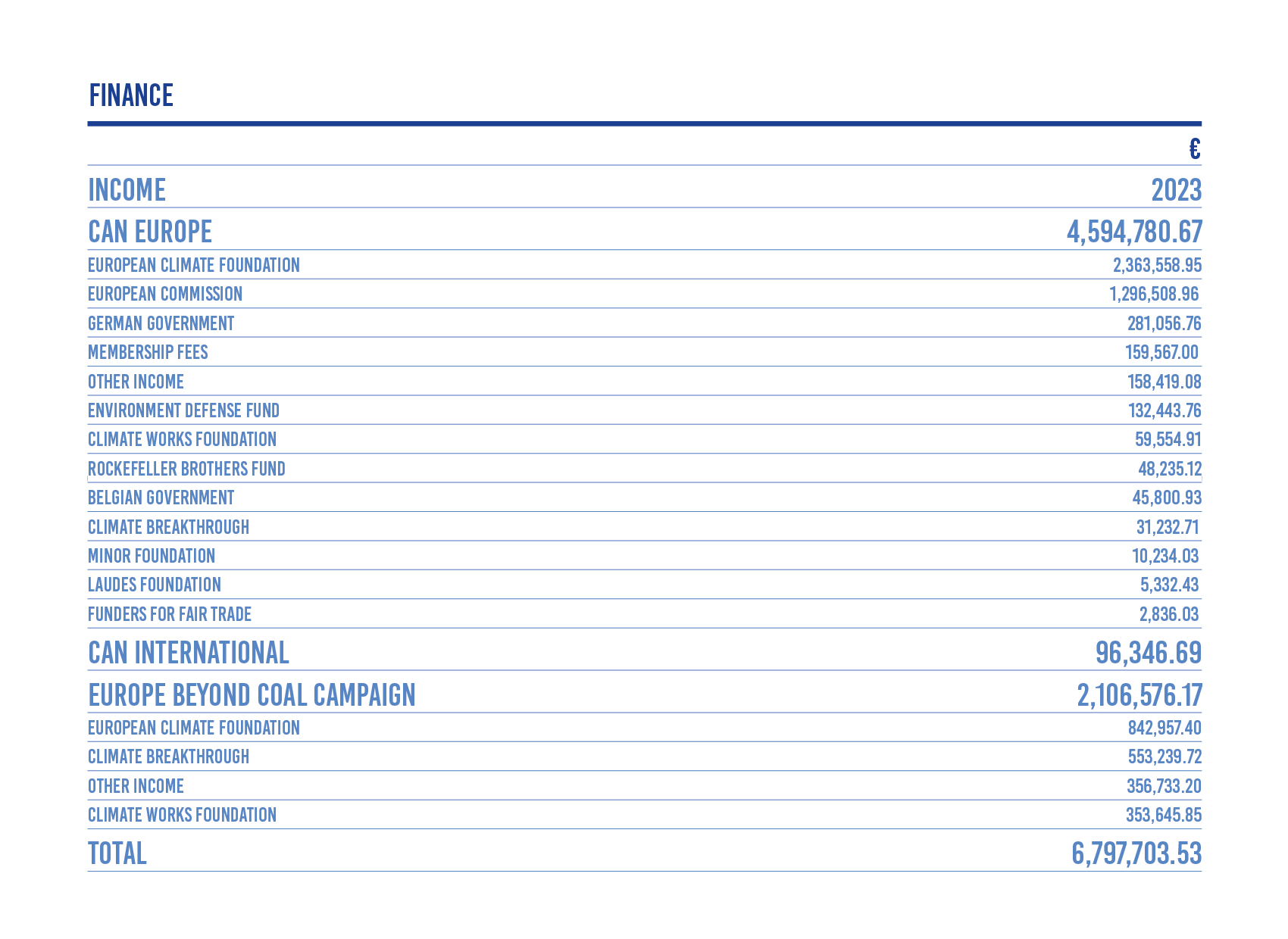
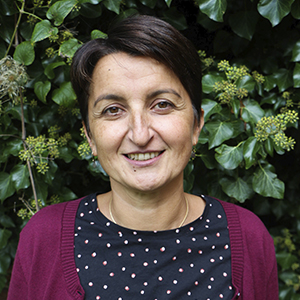
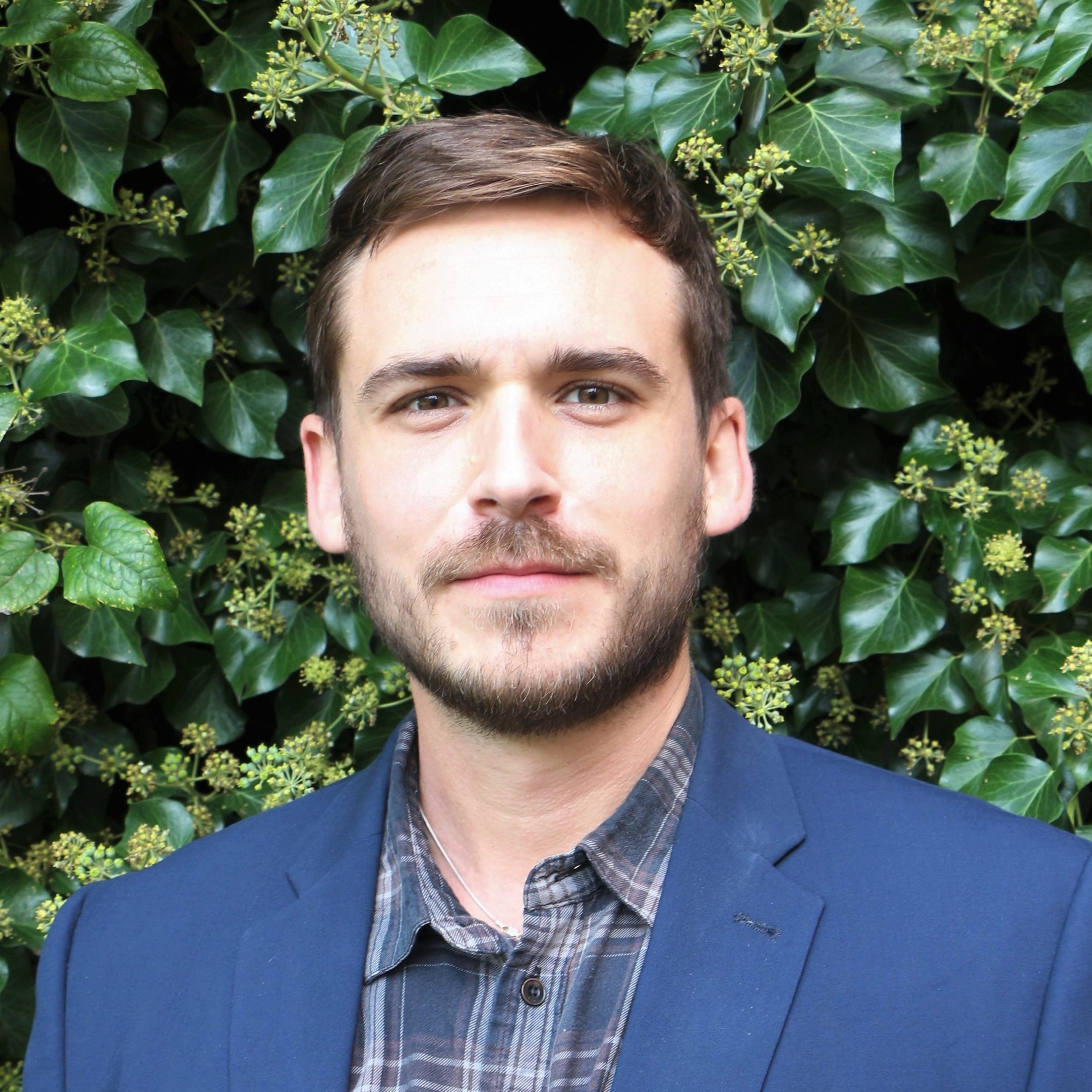
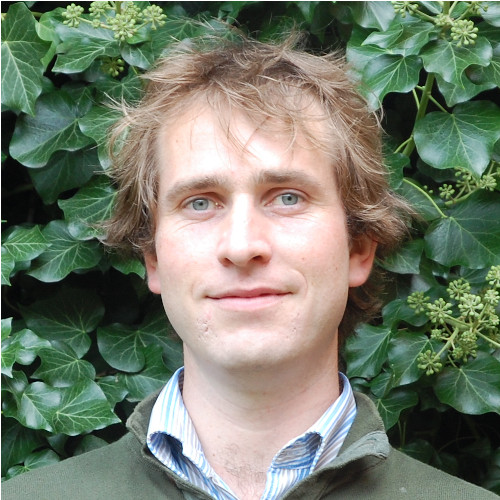
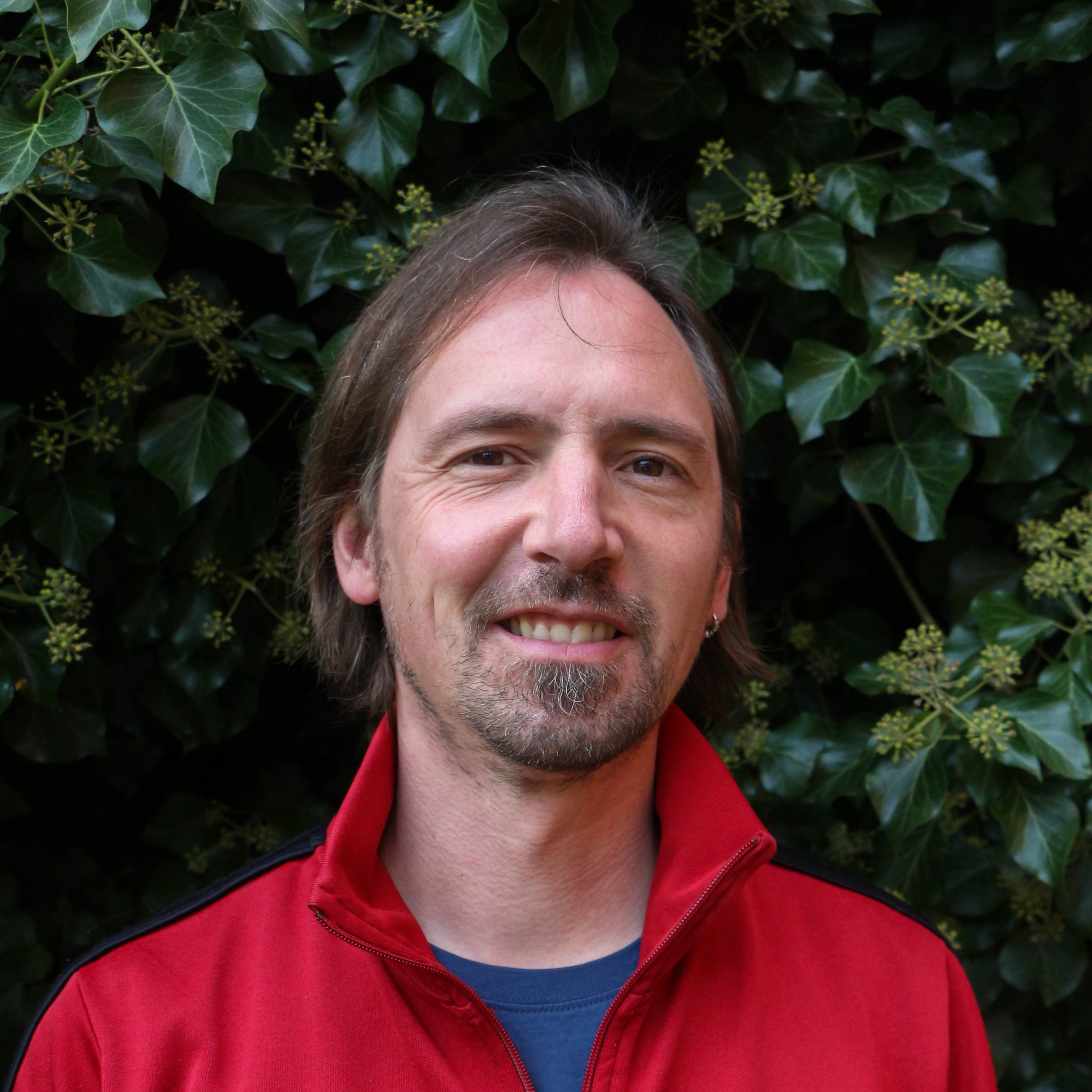

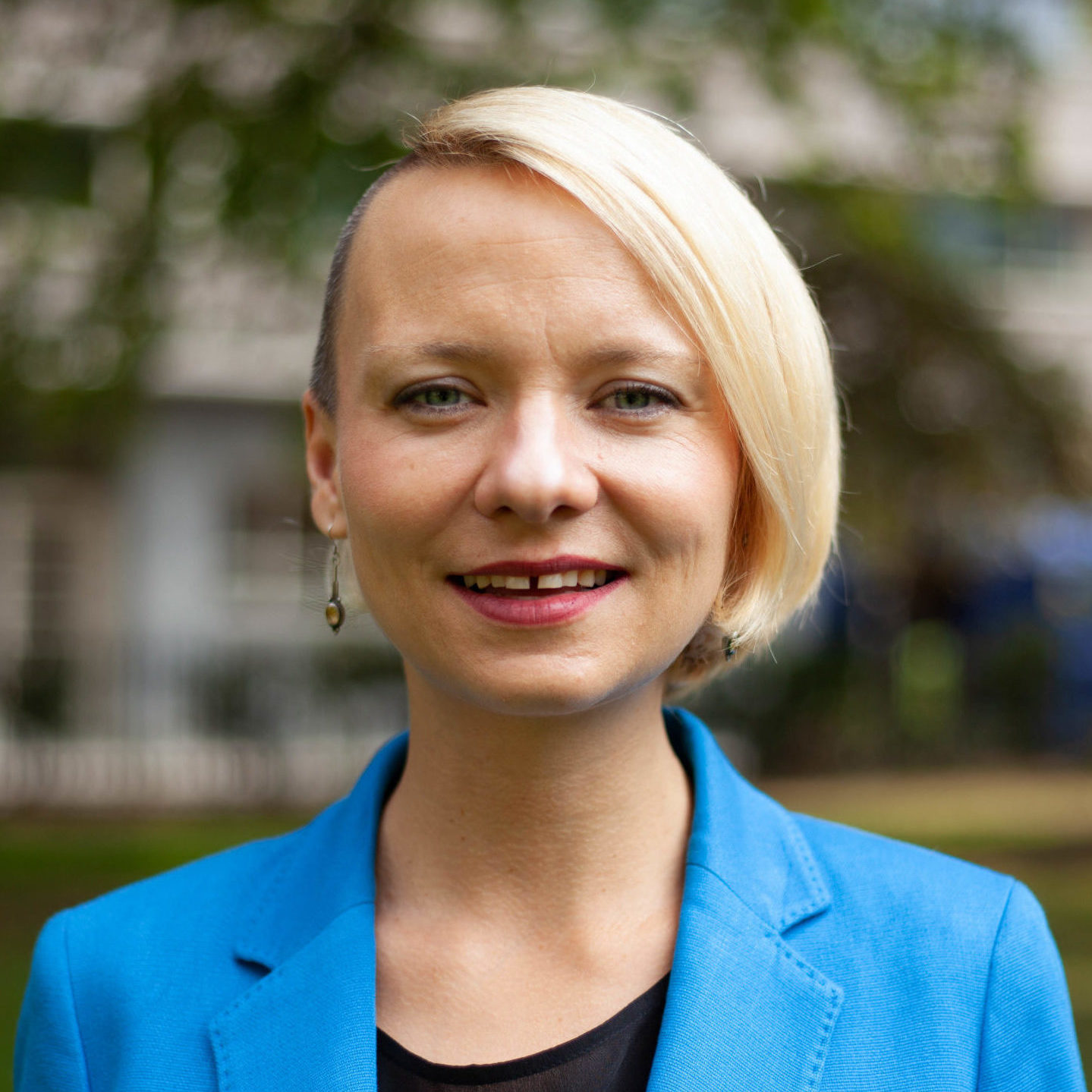

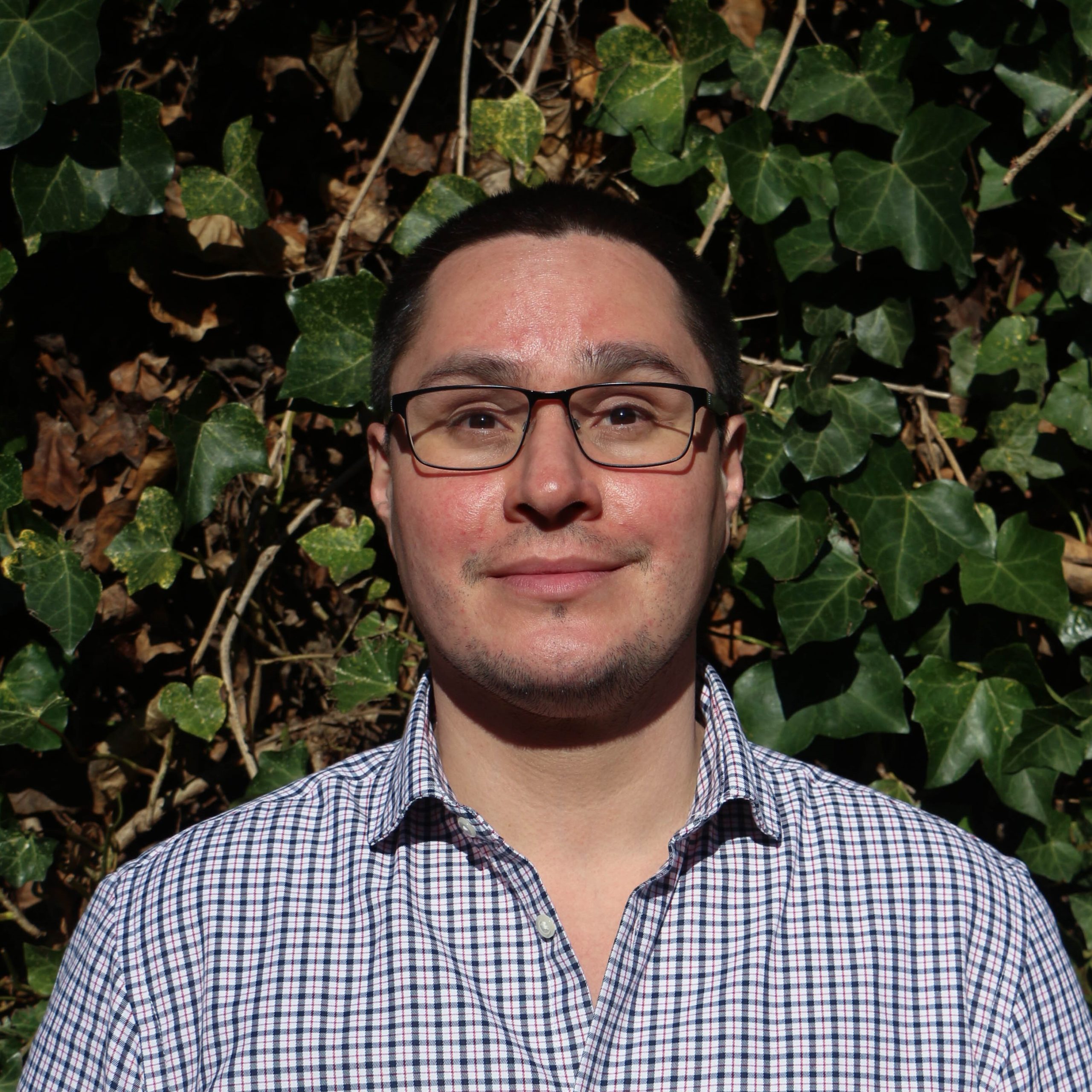












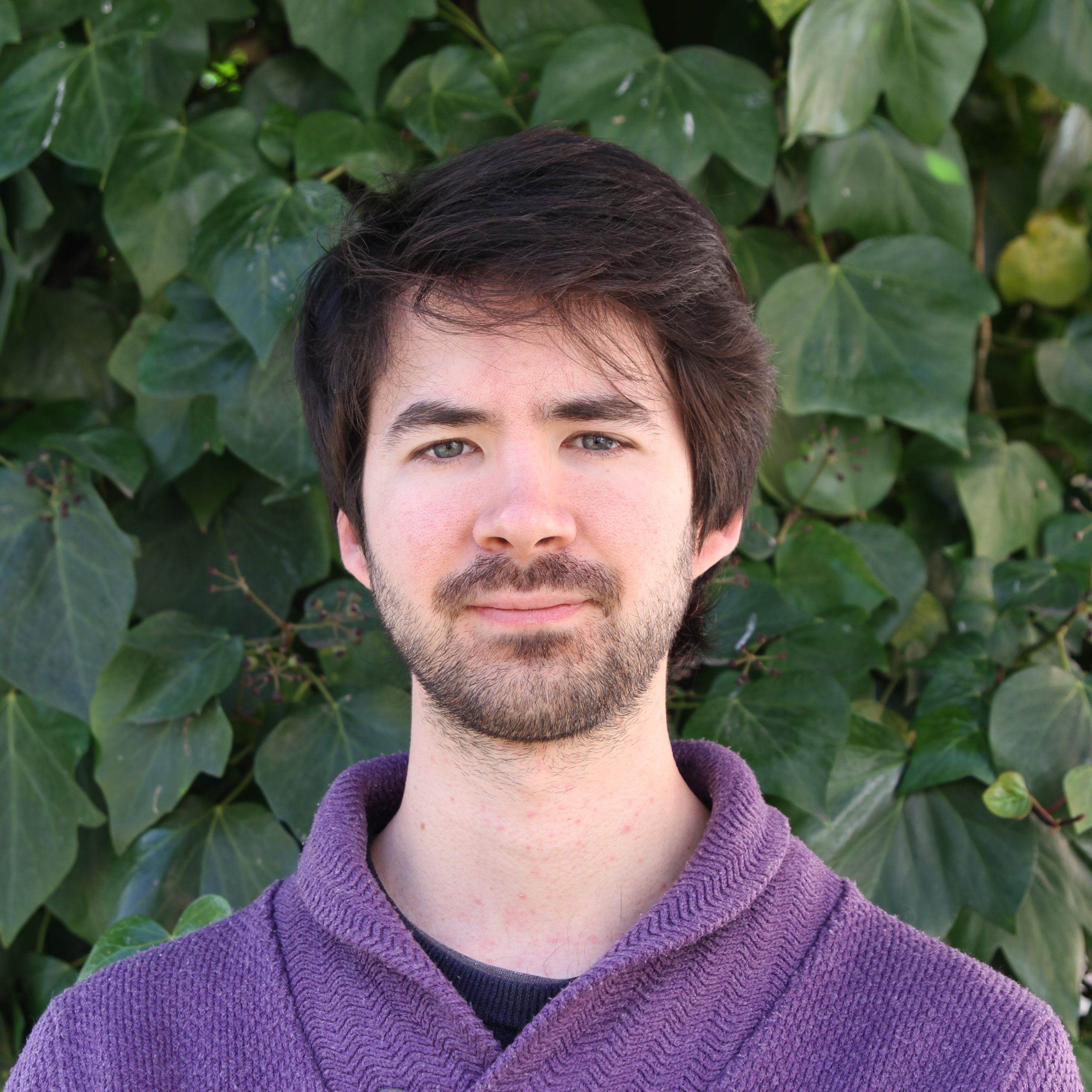

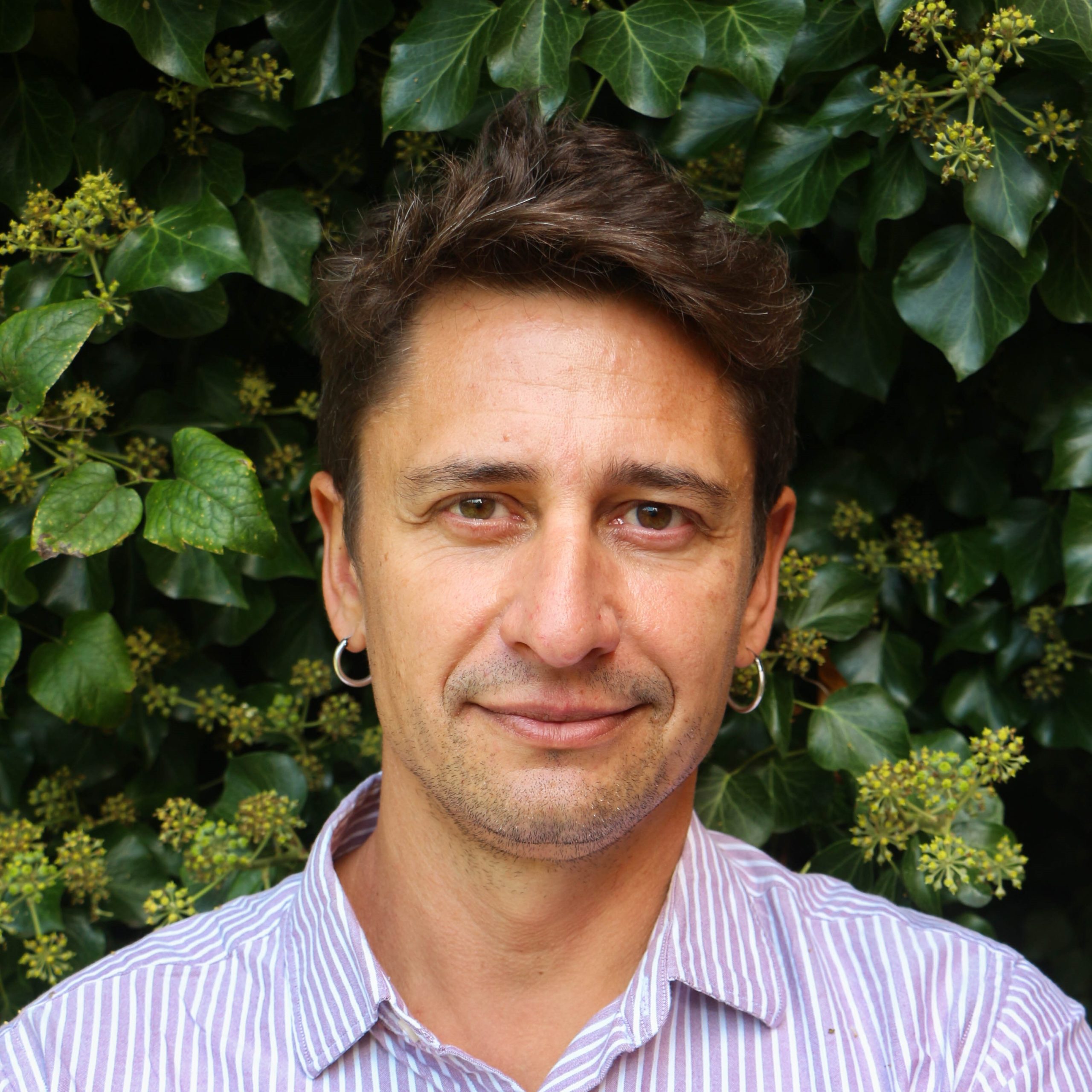

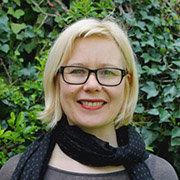
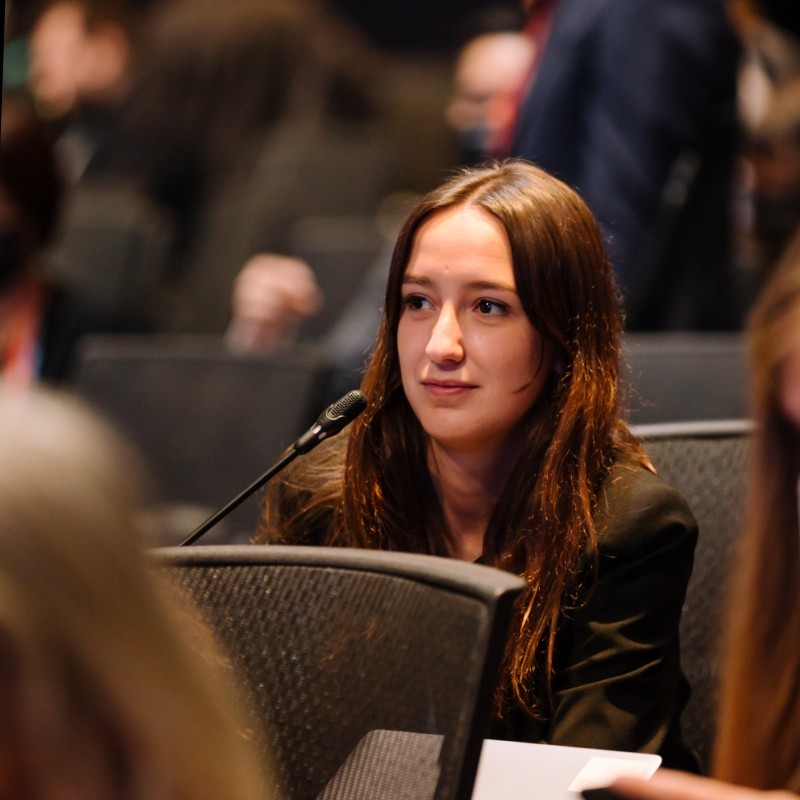
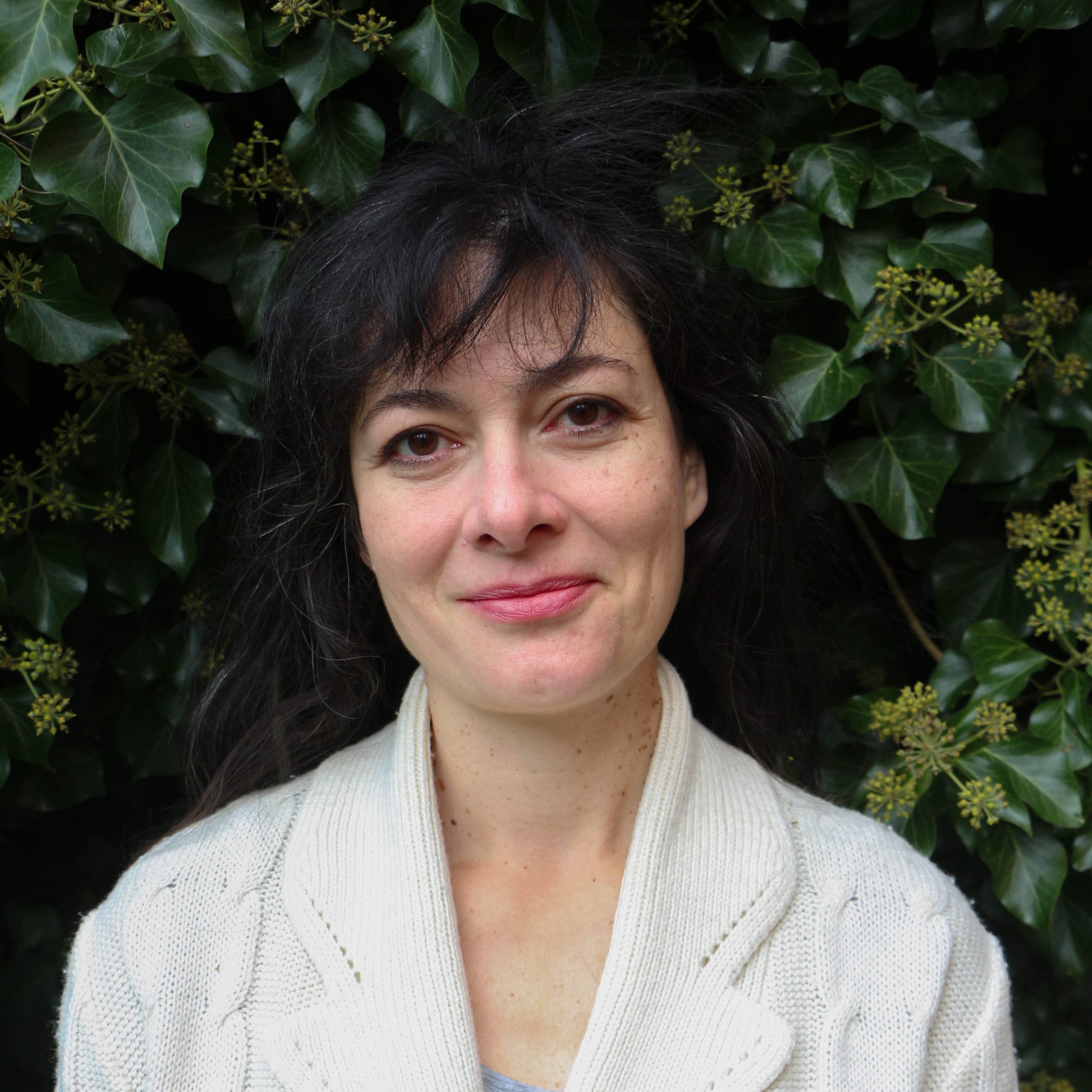

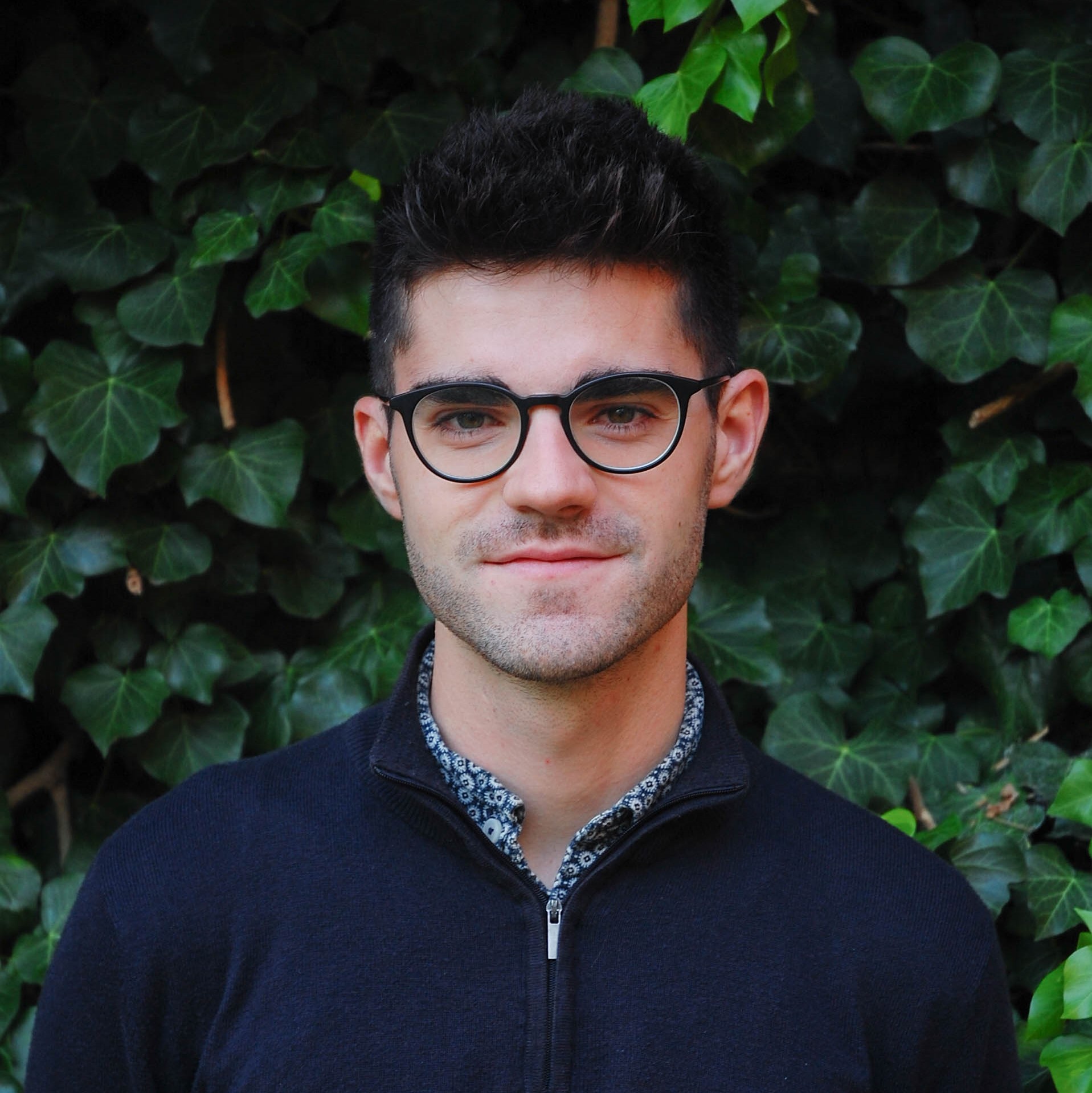





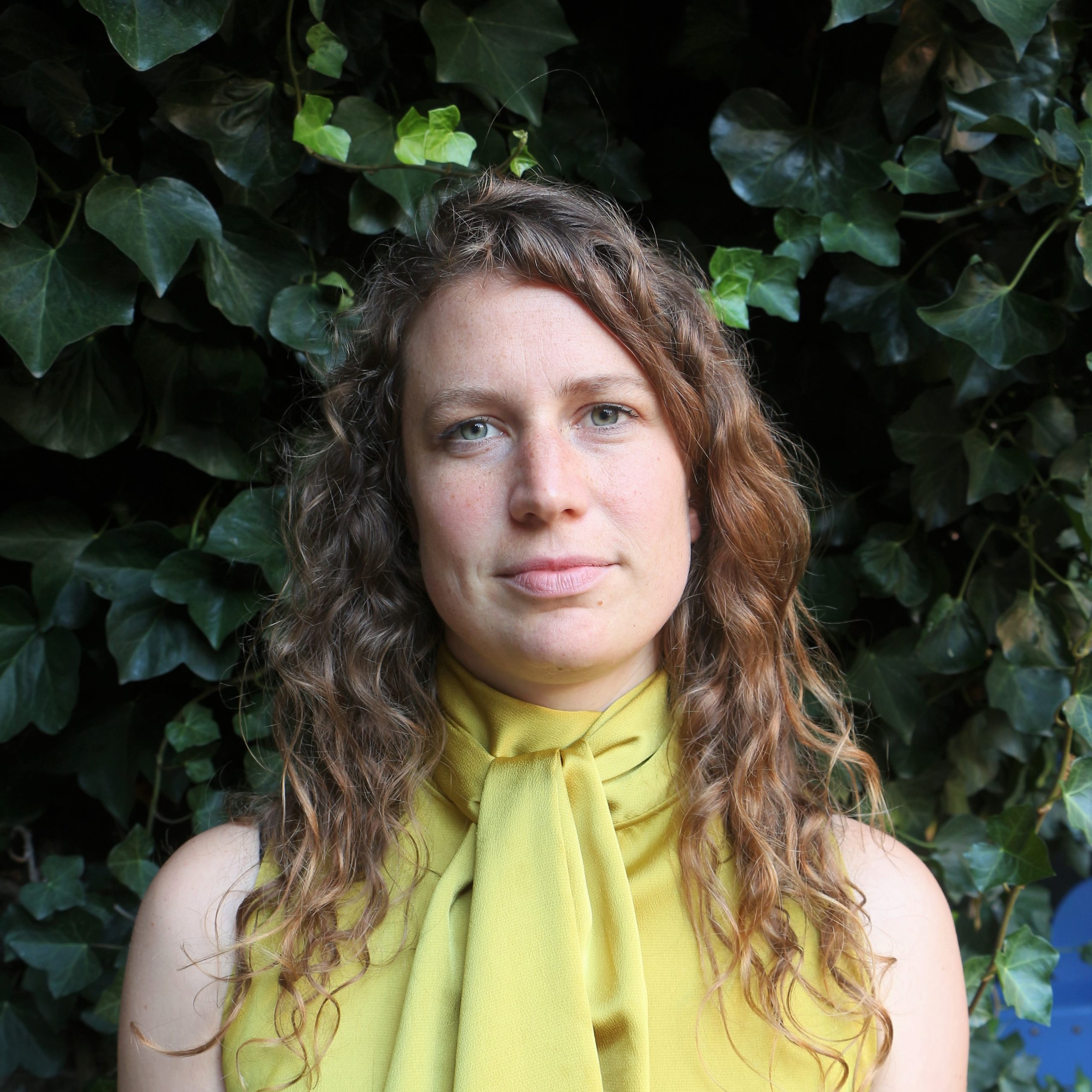
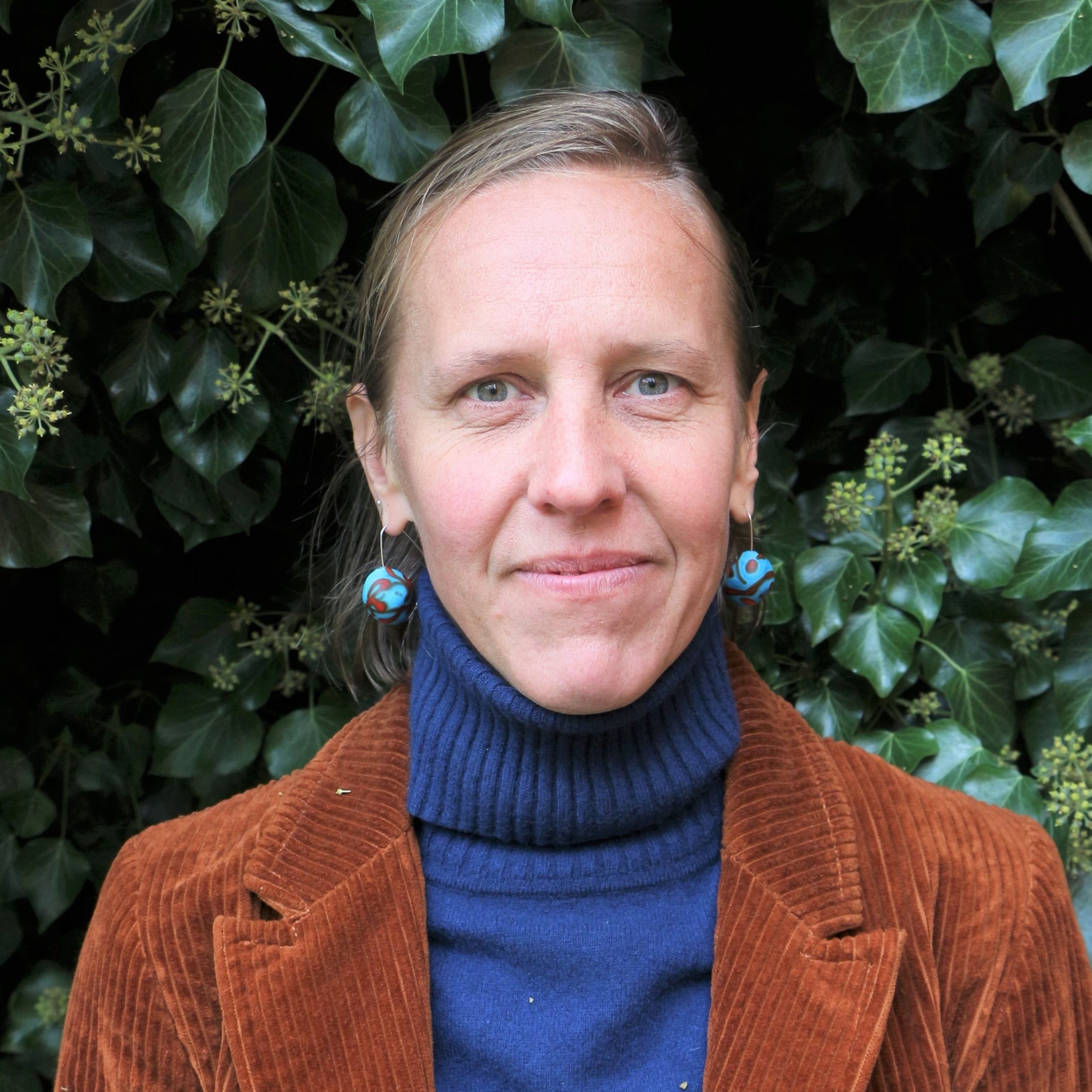



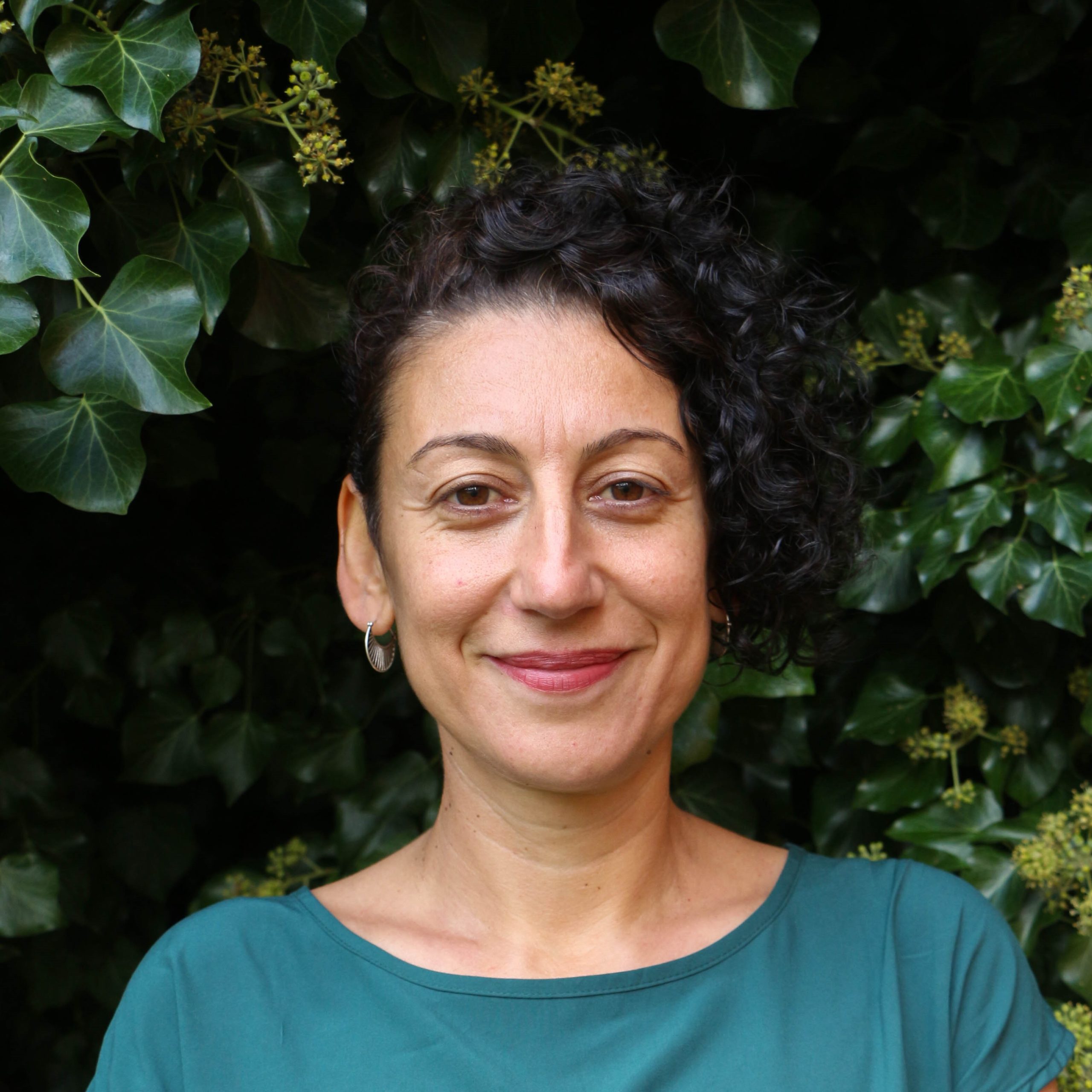
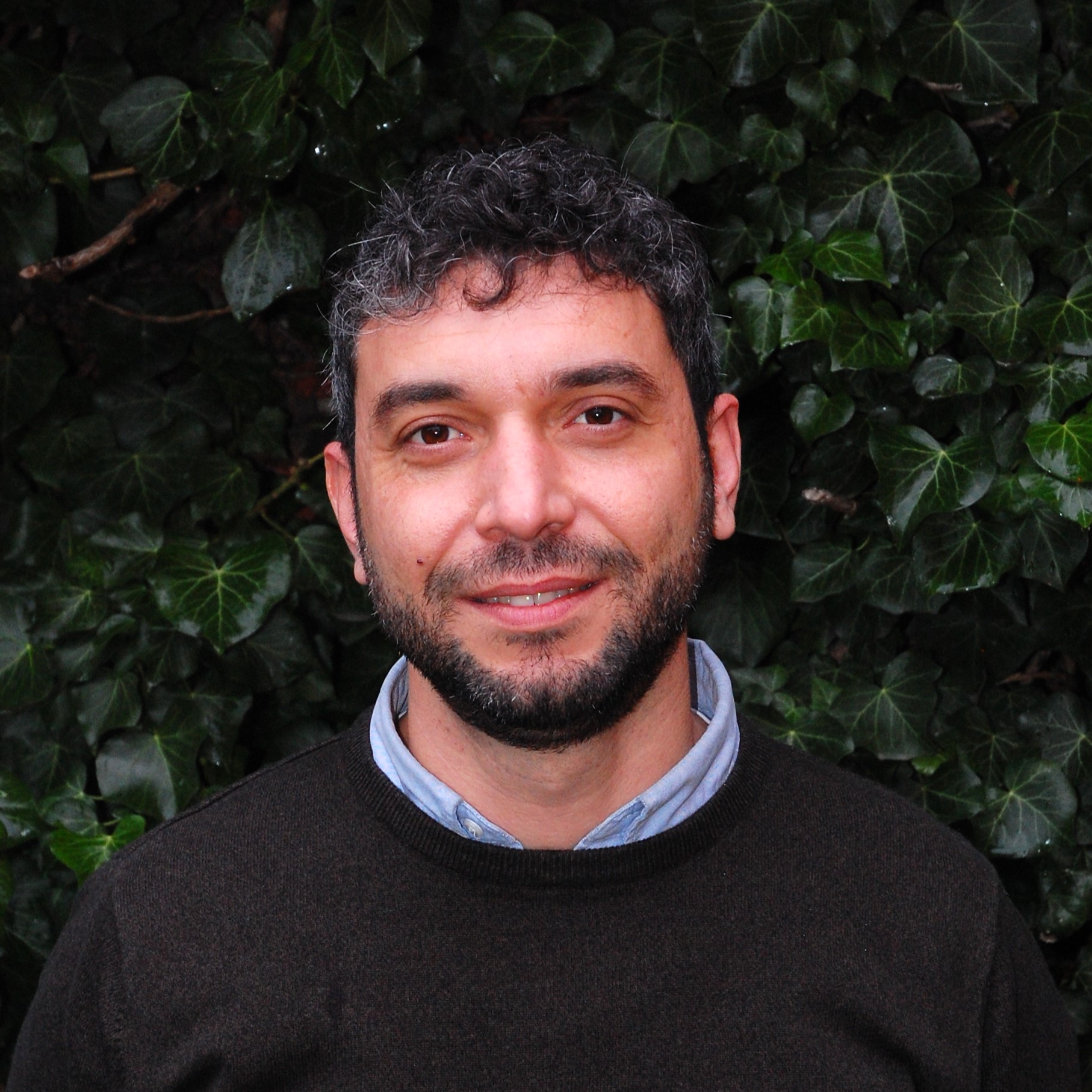
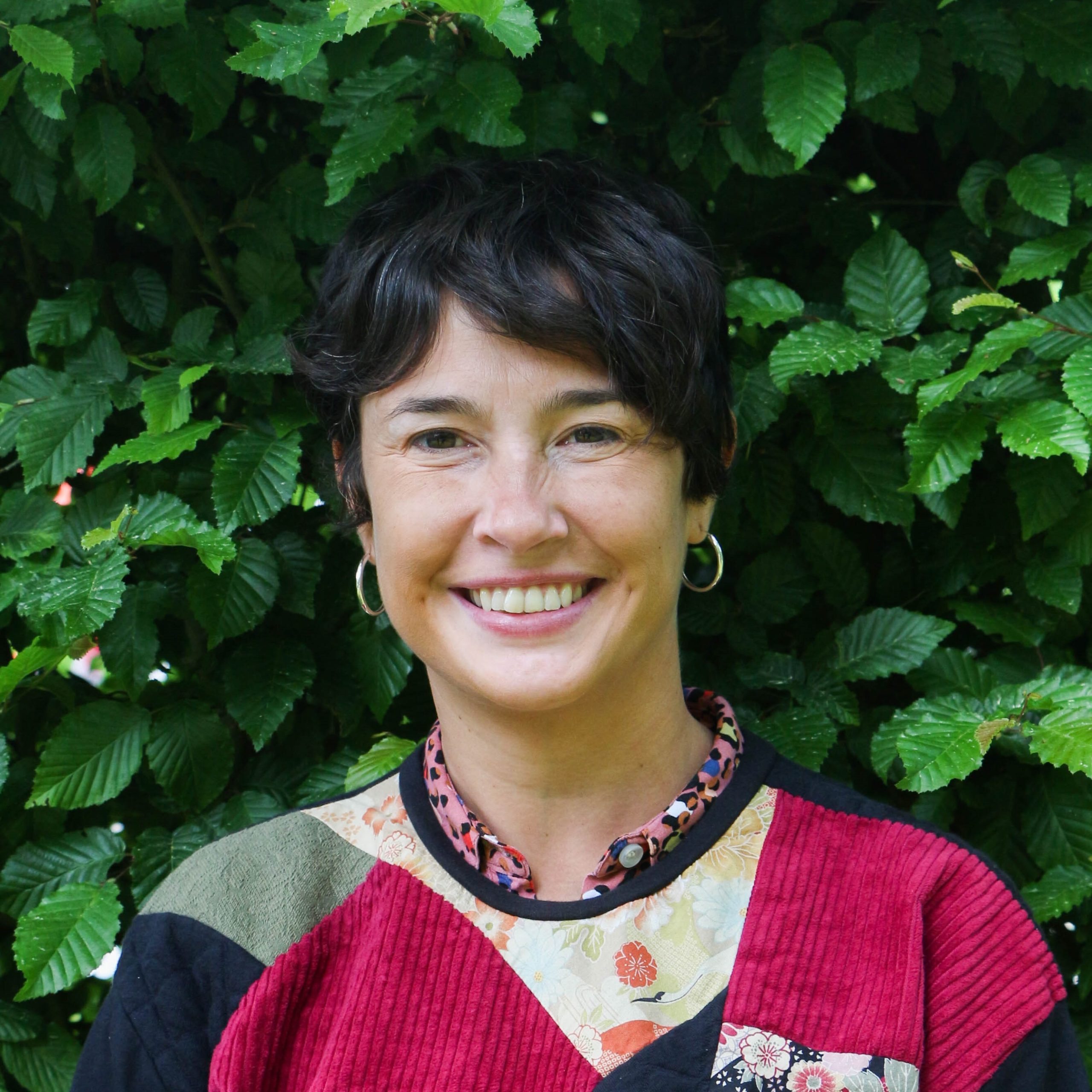

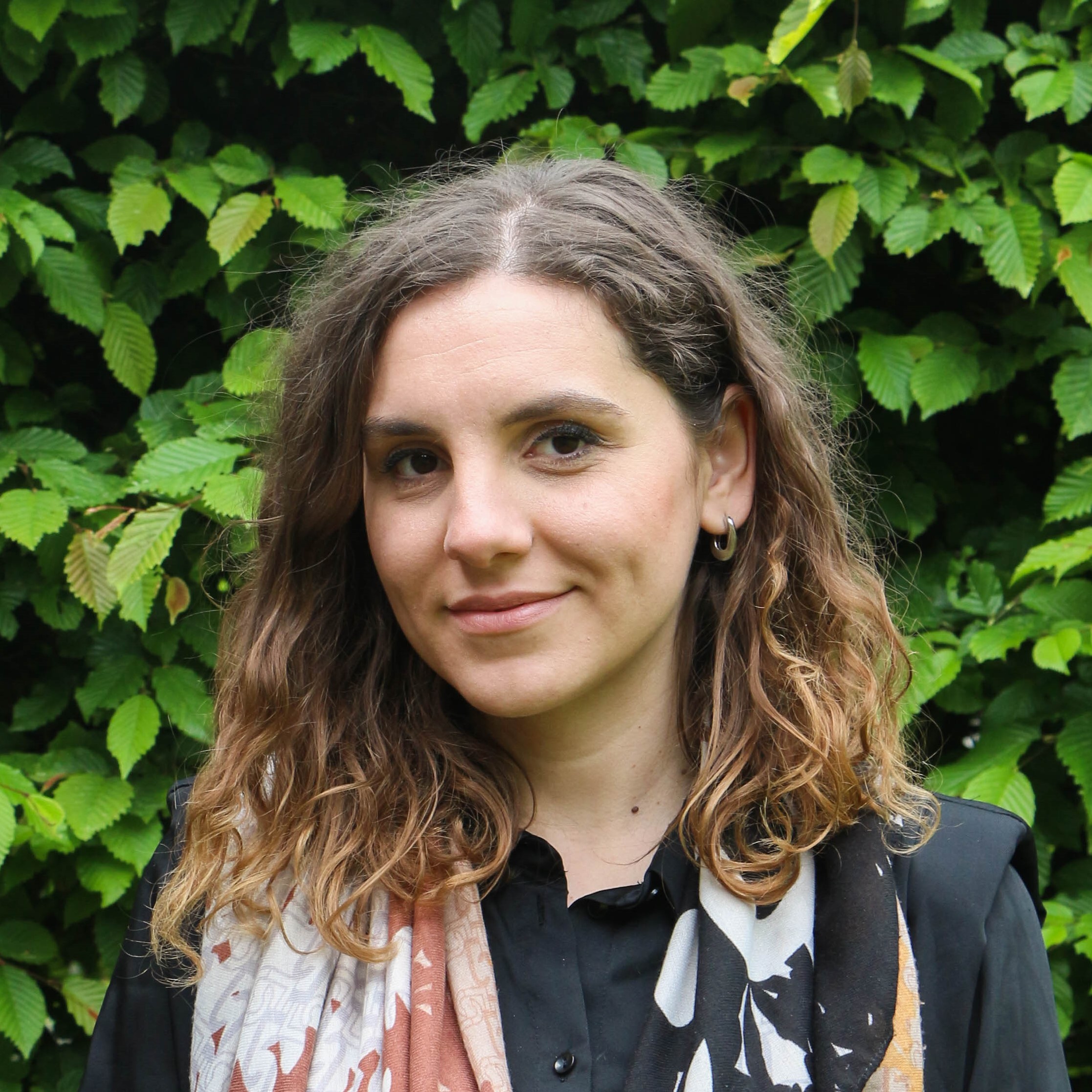

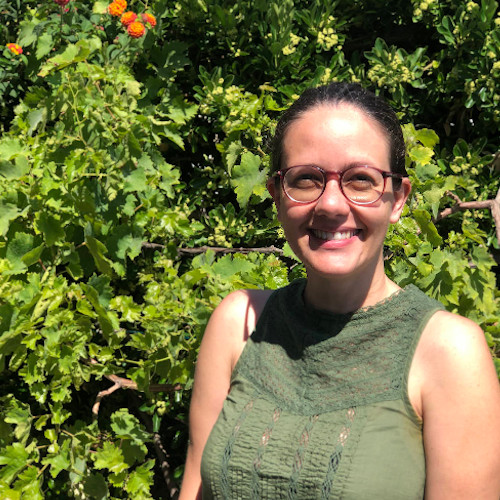
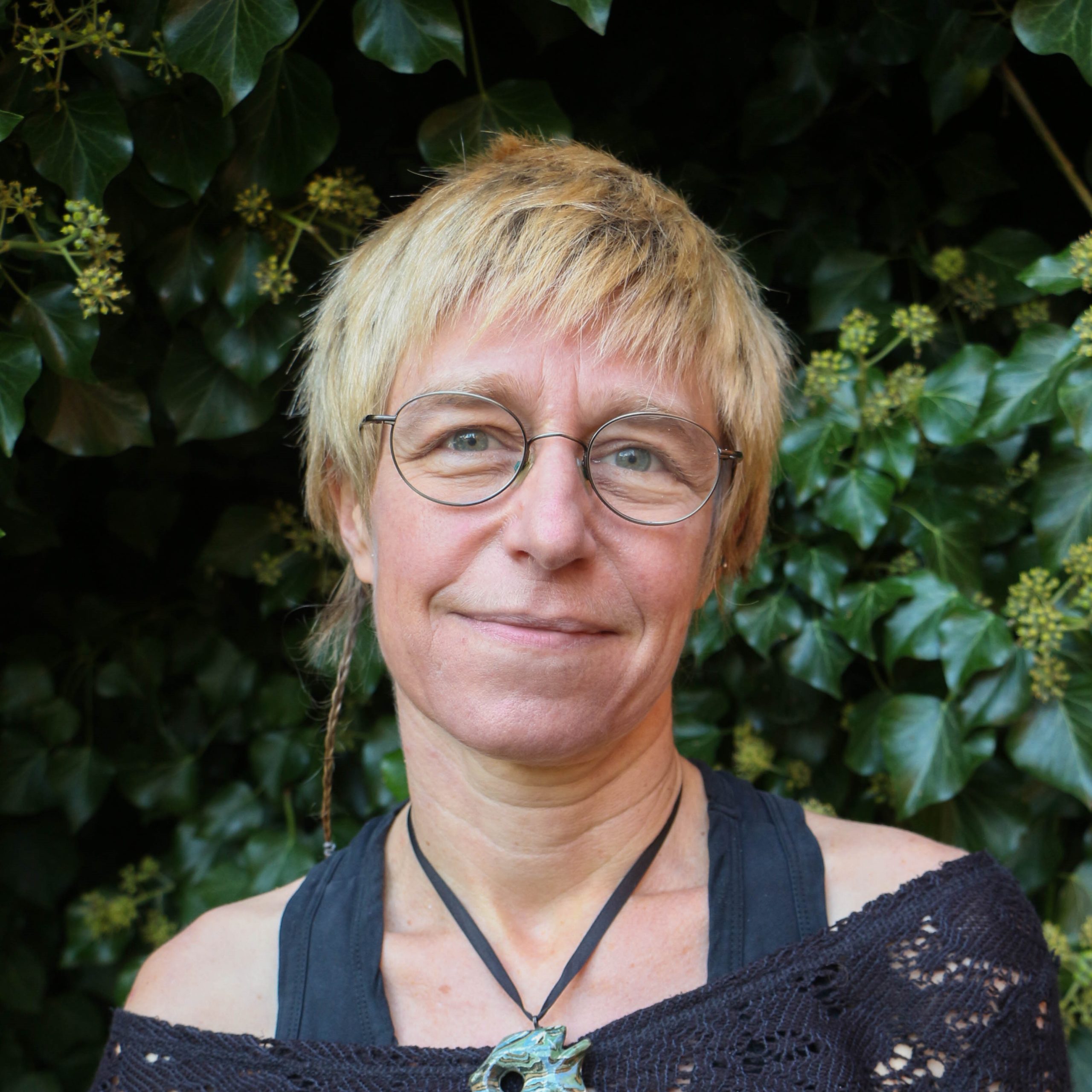



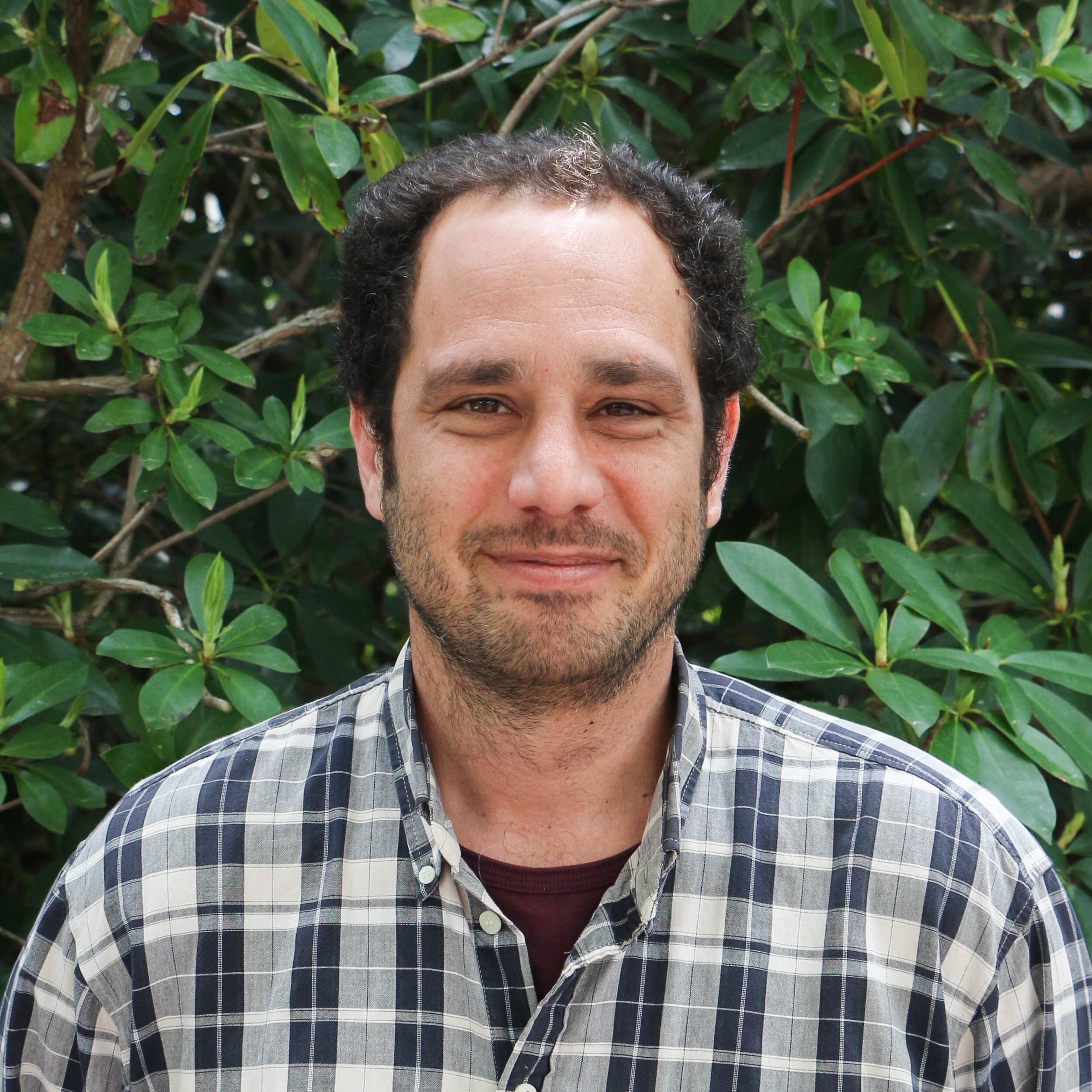

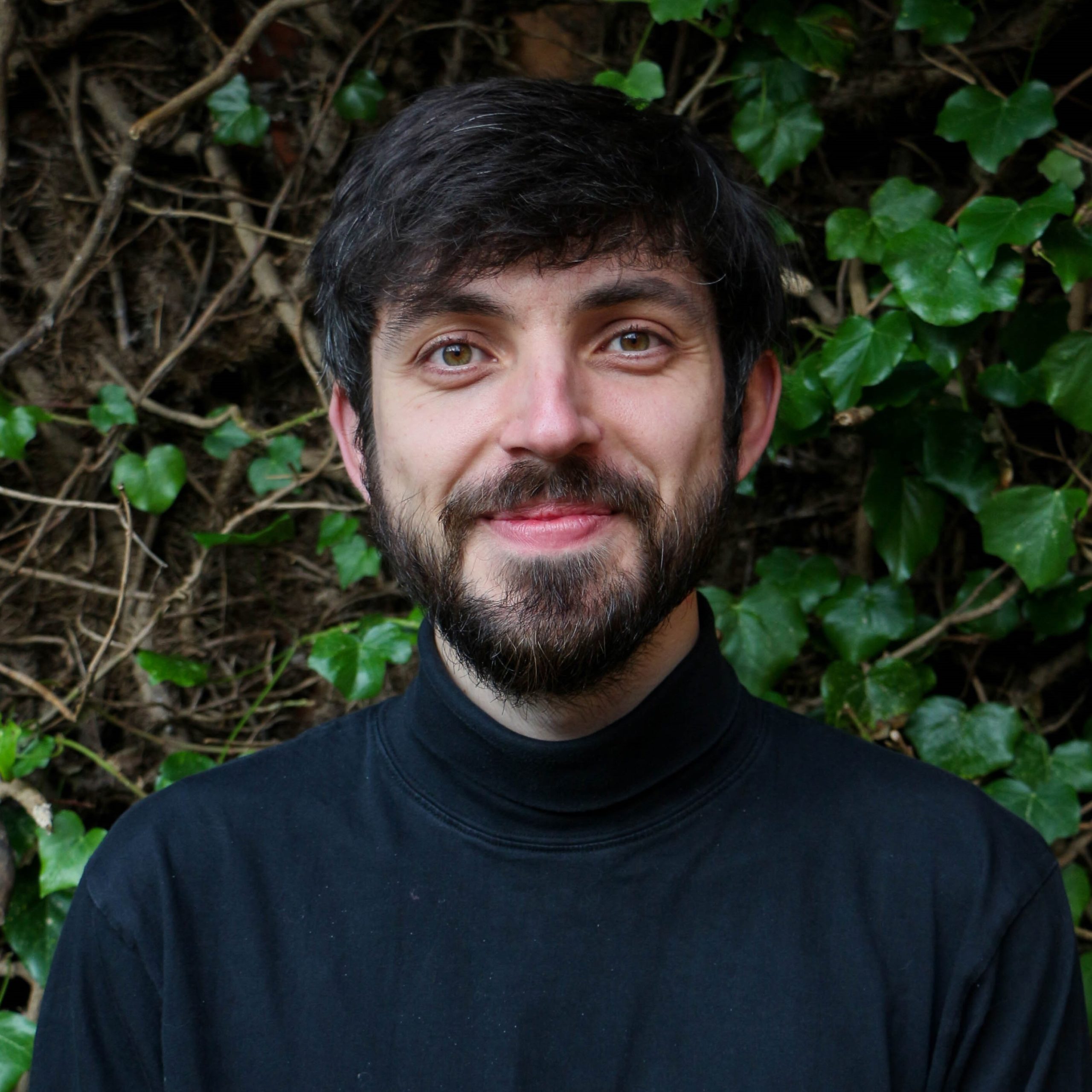

We also gratefully thank the following staff members that helped us implement our work in 2023, but have since left us:
CAN Europe Headquarters
Mundo B
Rue d’Edimbourg 26
1050, Brussels
Belgium
Tel: +32 (0) 28944670
CAN Europe empowers civil society organisations to influence the design and development of effective climate change policy in Europe, both in the European Union as well as in its Member States and in European countries outside the EU.
© Copyrights 2025. All Rights Reserved.